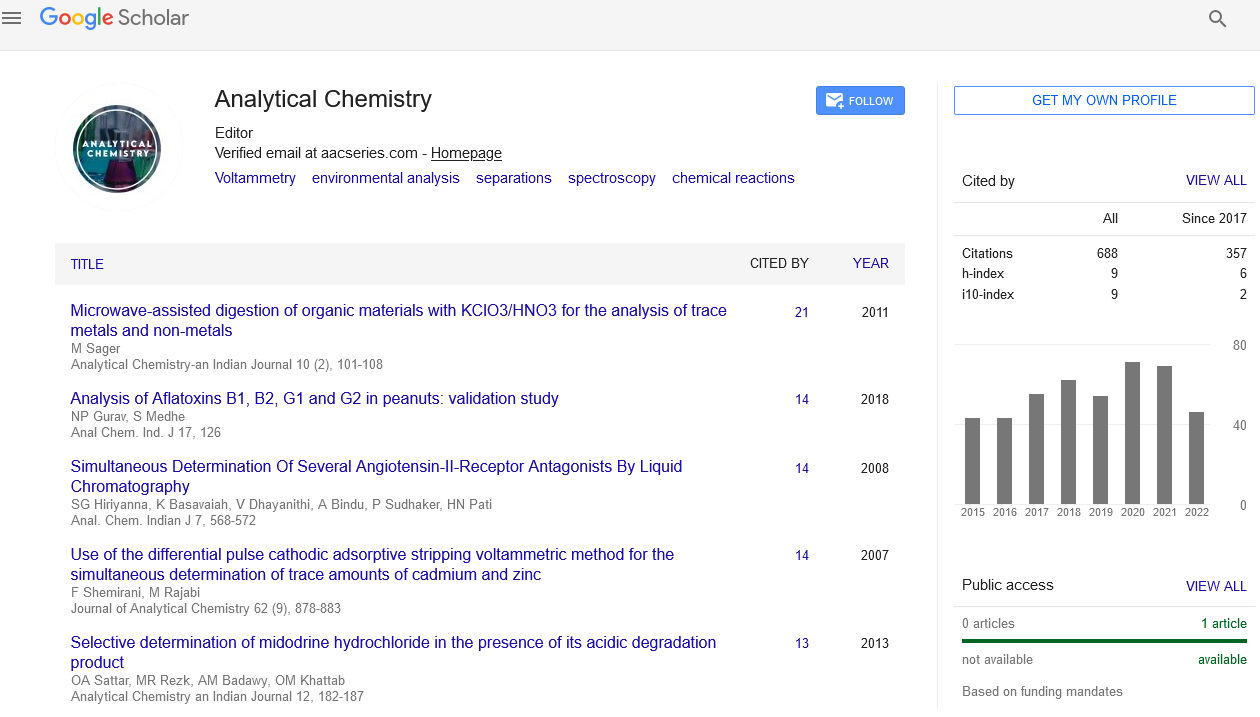Abstract
Statistical experiment design optimization and analytical validation based on total errormeasurement of a rapidRP-HPLCmethod for the determination of paracetamol and caffeine in pharmaceutical formulations
Author(s): B.Ihssane, T.Saffaj, E.Elhadrami, H.Bouchafra, A.BentamaThis paper describes the optimization and validation of an analyticalmethod for the determination of paracetamol and caffeine in tablets byHPLC using Box Behnken design. This multivariate approach allows a considerable improvement in chromatographic performance using fewer experiments, without additional cost for columns or other equipment. By applying the quadratic regression analysis, the equations describing the behaviors of the response as simultaneous functions of the selected independent variables were developed. Accordingly, the optimal conditions were determined. A novel validation strategy based on the accuracy profiles was used to select the most appropriate regression model, to assess the method accuracy within well defined acceptance limits and to determine the limits of quantitation as well as the concentration range. The statistical methodology allowing to correctly concluding about the validity of a procedure is proposed in this article. Indeed all the steps to obtain the decision tool namely the accuracy profile are described and illustrated. This tool, based on the concept of total error (bias + standard deviation) build with a â-expectation tolerance interval, allows to easily taking the right decision and simultaneously minimizing the risk of the future use of this analytical procedure. Finally, uncertainty derived fromâ- expectation tolerance interval, which is equal to the uncertainty of measurements as well as the expanded uncertainty using a coverage factor k= 2 was estimated.

